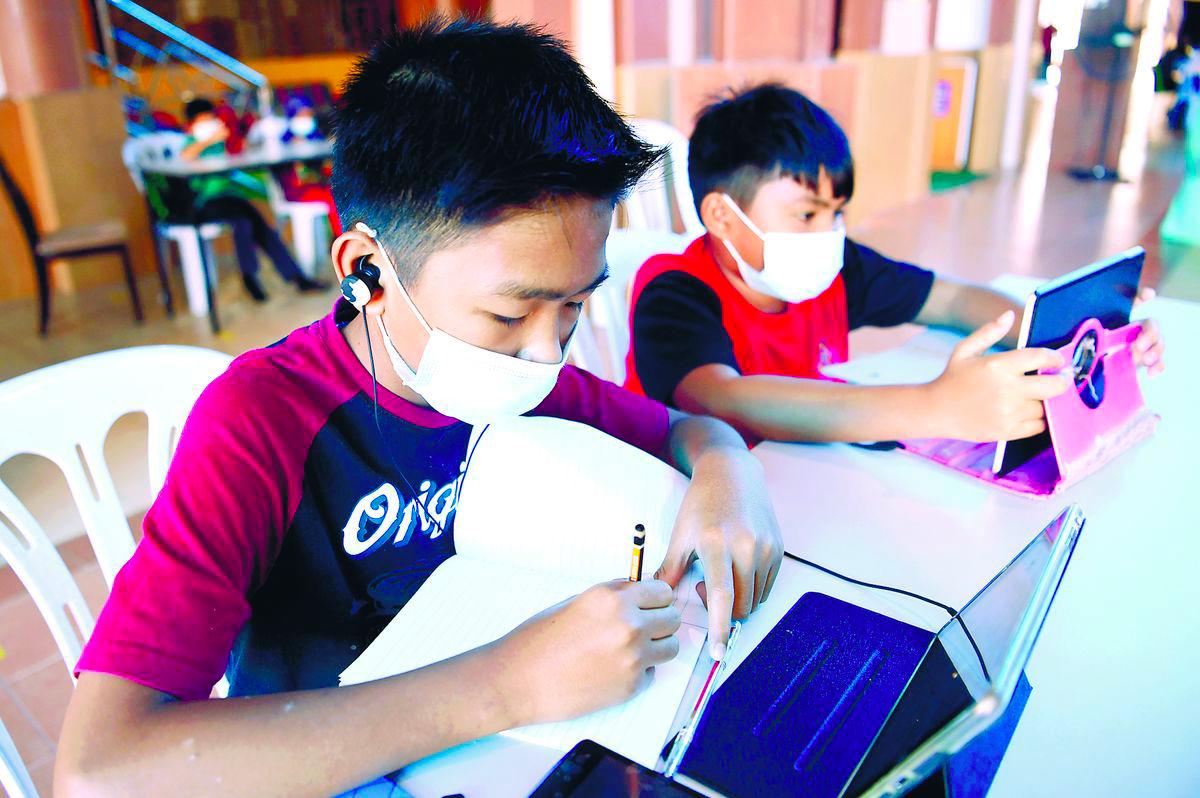EVER so often, a nation is forced to look at itself, not through speeches or slogans, but through tragedy.
Recent incidents of violence involving students have shaken us deeply. They are not random misfortunes but reflections of what we have allowed to grow in the shadows of our schools and communities.
This is not simply about discipline gone wrong or youthful rebellion; it is about a quiet corrosion of empathy – when anger is left unaddressed, when rules replace care, when silence replaces guidance.
The hard truth is this: both the victims and the perpetrators are children. That should trouble us more than it does.
For years, our schools have focused on producing results but struggled to nurture resilience and empathy. We celebrate grades and medals but overlook the emotional and psychological bruises many young people carry unseen. When a student believes that harm is a way to be heard, the system has already failed to listen.
But this is not the moment for blame. It is not a time to point fingers
or turn grief into political theatre.
Doing so mirrors the very culture of humiliation and hostility that we want to eradicate.
What Malaysia needs now is not outrage but resolve to confront what is broken and to rebuild what can still be saved.
The natural impulse may be to form committees and issue statements. Yet, what children need most is not another directive but genuine presence. We need teachers, counsellors and parents who notice when something feels wrong and care enough to act.
In the short term, we must move swiftly to rebuild safety and trust in schools. Every school should have enough trained counsellors to meet the needs of their students.
Teachers, too, must receive regular training to identify signs of distress, trauma or isolation and to respond in supportive, trauma-informed ways.
Helplines and reporting systems must not only exist on paper but work in practice, ensuring that children can speak safely and be heard without fear.
Beyond crisis response, we must ask deeper questions: How did we raise a generation that equates cruelty with strength or ridicule with humour? These are not instincts; they are
learned behaviours absorbed from online spaces, from unchecked media and sometimes from adults who have forgotten how to listen.
That is why social and emotional learning must be treated as a core part of education, not an extracurricular luxury. We should teach empathy as deliberately as mathematics and conflict resolution as rigorously as science. Countries that have done so, including Finland and New Zealand, have shown that when children learn compassion, classrooms become calmer and societies become kinder.
We must also recognise that safety today extends beyond the school gate. The internet has become an invisible classroom where many children learn values, for better or worse. Digital literacy must, therefore, grow into moral literacy: teaching young people the difference between influence and integrity, between attention and empathy.
The measure of an education system is not the number of distinctions it produces but the kind of citizens it nurtures. We cannot afford to raise bright minds who have lost their humanity, such as children who can code but not care and who can argue but not understand.
Let these painful moments not fade into memory. Let them move us to reflection, reform and renewal. Because the safety of a school is not built by fences but by trust. And trust can only grow where compassion is taught, practised and lived.
Let us not cancel but correct. Let us not blame but build. For when we teach our children to heal, we teach a nation to remember its humanity.
Comments: letters@thesundaily.com









